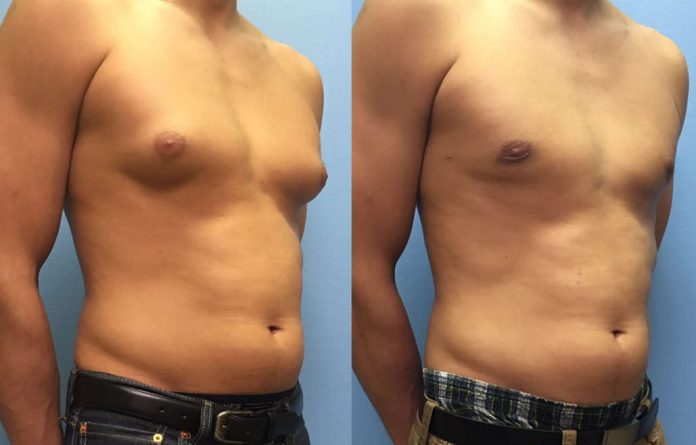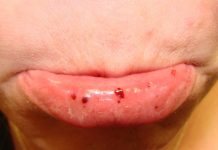Gynecomastia involves the enlargement of male breasts to the point of resembling female breasts. This condition usually occurs due to a hormone imbalance or during hormone therapy. The condition can occur at any age and is not confined to those who are overweight. While often embarrassing, it is a common problem that generally strikes after puberty sets in. If you are concerned about gynecomastia, there are steps you can take to prevent the condition.
Watch for the Early Signs
Once gynecomastia sets in, the condition will be obvious. However, you may have early signs that can put you on alert to seek treatment. If you experience pain and tenderness in your breasts, this could be the initial stages of gynecomastia. In the event that you begin to experience swelling, this is an issue as well. If the areola, the ring surrounding the nipple, increases in size this could indicate that you are developing gynecomastia. It is important to seek medical intention if you are dealing with great discomfort, chronic pain, or discharge from swollen breasts. You could have a more serious problem such as breast cancer, a condition that can strike men as well as women.
Maintain a Healthy Lifestyle
In order to avoid gynecomastia, there are some steps you can take. Begin by avoiding illegal drugs that could affect your hormone levels and your breast size. Excessive alcohol consumption can cause gynecomastia as well. Keep your alcohol intake to a limited amount.
Research Medical Causes
If you are taking any medications, pay close attention to possible interactions and side effects; there are certain medications that have been indicated as a cause of gynecomastia. If this is the case, ask your doctor for other alternatives. Take careful consideration when thinking about hormone therapy, such as testosterone-replacement therapy. Many men have developed gynecomastia as a result of these procedures.
Pay Attention to Your Body
If you find yourself undergoing extreme mood changes, have a loss of energy, and are struggling with chronic fatigue, it could indicate there’s a problem with your hormone levels. Loss of libido is another telltale sign of a hormone imbalance. When hormones are out of sync, gynecomastia could follow. Discuss your options with your doctor to treat any hormone imbalance before it gets out of control.














